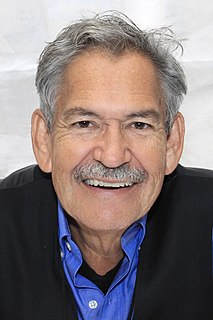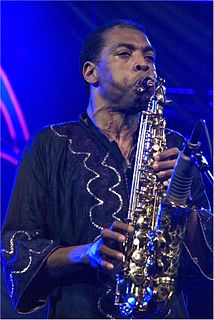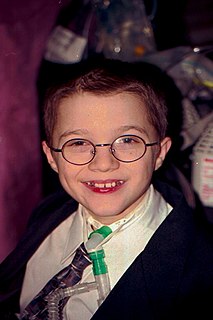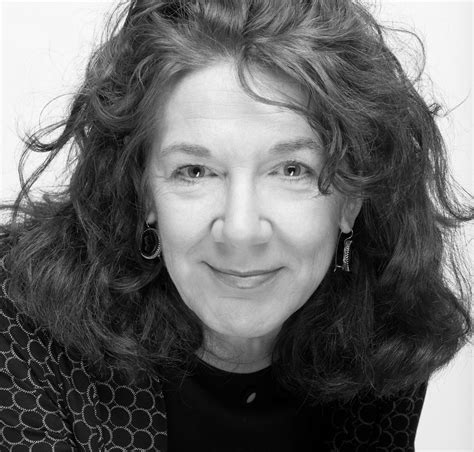A Quote by Karin Slaughter
Reading develops cognitive skills. It trains our minds to think critically and to question what you are told. This is why dictators censor or ban books. It's why it was illegal to teach slaves to read. It's why girls in developing countries have acid thrown in their faces when they walk to school.
Related Quotes
I'm not saying we are not to be held accountable. What I'm saying is that we need to appreciate past, if you don't appreciate past, you cannot understand why we are like this, why the churches and mosques are controlling our society, why Africans feel inferior. Why are our girls bleaching or make long hair? They all want to be white, Why are they not proud? Why are we not proud of name, of our clothes?
There are students whose religious upbringing is going to make them feel uncomfortable in a class where certain kinds of secular ideas are presented. There are students whose ideas about history or sexuality are going to be similarly challenged to question, to affirm or to change those ideas. That doesn't mean they shouldn't be exposed to them; that's why they're at school. That's why they come to university: to be taught how to think well and critically about material that they're being presented with. But it's the teacher who is certified to teach them how to do that.
In Germany, many other countries, college tuition is free. Why isn`t free in America? Why do we have the highest rate of childhood poverty when other countries have rates much lower than we have? Why don`t we have pay equity for women workers? Why aren`t we leading the world in transforming our energy system in terms of climate change? We can do that. Are we dumb? Are we lazy? Not the case.
Why don't we see any questions from the press? Why don't we see anybody from the media saying, 'Mr. President, it's illegal, you started it, you are performing a program that is collecting all of the phone records from all Americans, it's been declared illegal from the second highest court in the land, why don't you stop?'
When I decided to write about my brother and friends, I was attempting to answer the question why. Why did they all die like that? Why so many of them? Why so close together? Why were they all so young? Why, especially, in the kinds of places where we are from? Why would they all die back to back to back to back? I feel like I was writing my way towards an answer in the memoir.
If I just got up in the morning and had no place to go and was retired or something, I would be sitting there and be thinking, "Gee, what is the purpose of life? Why are we all finite? Why do we get old and die? Is there nothing out there? Why is it so tragic? Why do our loved ones perish? Why do we generate?" Who wants to think about that stuff?
I wanted to know why people follow rules blindly, or why girls had to act a certain way and boys didn't. Why could boys ask girls out and girls not ask guys out? Why did girls have to shave their legs and guys didn't? Why did society, like, set everything up the way they did? My whole adolescence was full of unanswered whys. Because they never got answered, I just kept lighting fires everywhere - metaphorically speaking.
In one sense, reading is a great waste of time. In another sense, it is a great extension of time, a way for one person to live a thousand and one lives in a single lifespan, to watch the great impersonal universe at work again and again That is why I read: I want everything to be okay. That’s why I read when I was a lonely kid and that’s why I read now that I’m a scared adult.





































